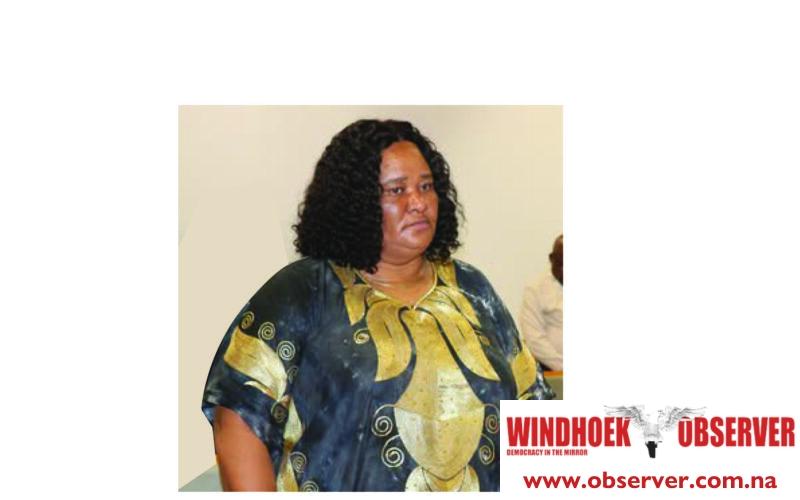Hertta-Maria Amutenja
A Popular Democratic Movement (PDM) parliamentarian will ask the Ministry of Education, Innovation, Youth, Sports, Arts, and Culture in the National Assembly next week about the closure of 221 literacy centres.
Rosa Mbinge-Tjeundo filed a notice of questions scheduled for 9 October 2025, targeted to education minister Sanet Steenkamp.
She wants to know how the closures have affected communities, literacy promoters, and marginalised groups.
The ministry said last year the move saved N$6 million. Mbinge-Tjeundo argues the savings came at the expense of vulnerable groups.
“Instead of strengthening education, the government has chosen to balance its books on the backs of the poor, leaving dismissed literacy promoters homeless and entire communities without access to learning opportunities,” her notice reads.
Mbinge-Tjeundo plans to ask the ministry how it intends to prevent the exclusion of marginalised groups, especially in Kunene.
She also wants answers about the plight of the 221 literacy promoters who lost their jobs, some of whom are reported to be homeless.
The ministry announced the closures last year after a 2024 study across all 14 regions found that some centres were underused.
The move saved N$6.8 million over ten months. A task force from the Ministry of Finance had flagged high spending on personnel in the education sector.
At that time, Steenkamp, in her former position as the education executive director, said the imbalance between literacy promoters and adult learners was draining resources.
She said that they had found many centres that were not serving their intended purposes and were essentially draining government resources.
The closures had affected multiple regions, including 39 in Kavango West, 35 in Kunene, 20 in Kavango East, 24 in Ohangwena, 12 in Omaheke, 43 in Omusati, three in Oshana, 16 in Oshikoto, and 29 in Zambezi.
Despite this, 947 literacy centres are still active. For the 2025/26 financial year, the ministry also plans to discontinue 15 classes in various regions.
The traditional leaders in Kunene criticised the closures, saying the investigation was flawed.
In a joint letter dated May 30, 2024, chiefs from the Otjikaoko, Vita Royal House, Kapika, and Kakurukouje traditional authorities accused the ministry of ignoring the role literacy centres played in rural communities.
They said investigators only held interviews in Opuwo and did not visit remote centres.
Thirty-five centres were closed in Kunene, affecting the Ovahimba, who already face serious barriers to literacy programmes.
National concern remains that adult literacy rates could fall if no new measures are introduced.
Mbinge-Tjeundo also wants to know why literacy teachers are employed on renewable contracts with low pay and no benefits.
Steenkamp is expected to respond to these questions in the National Assembly on 9 October.




